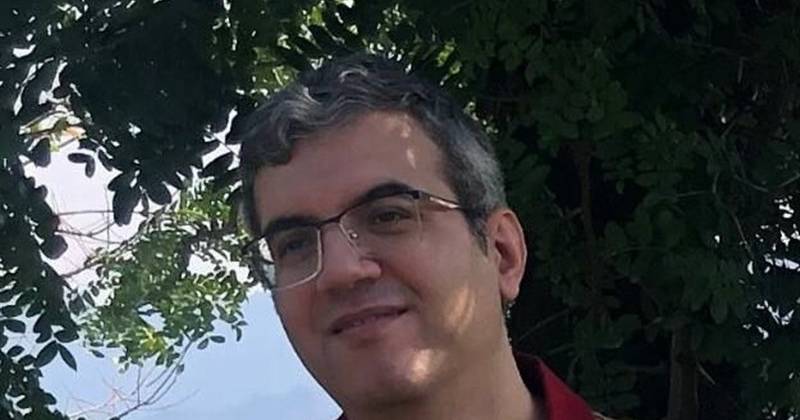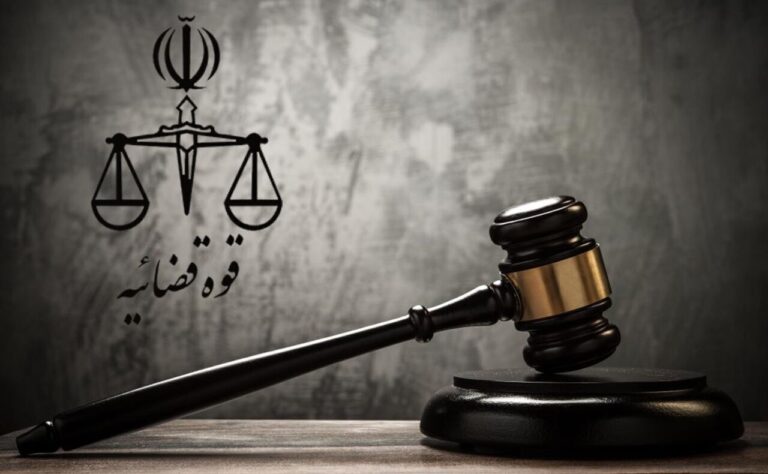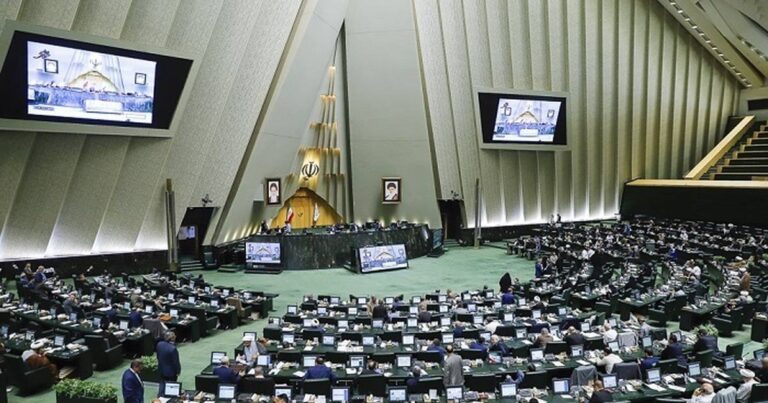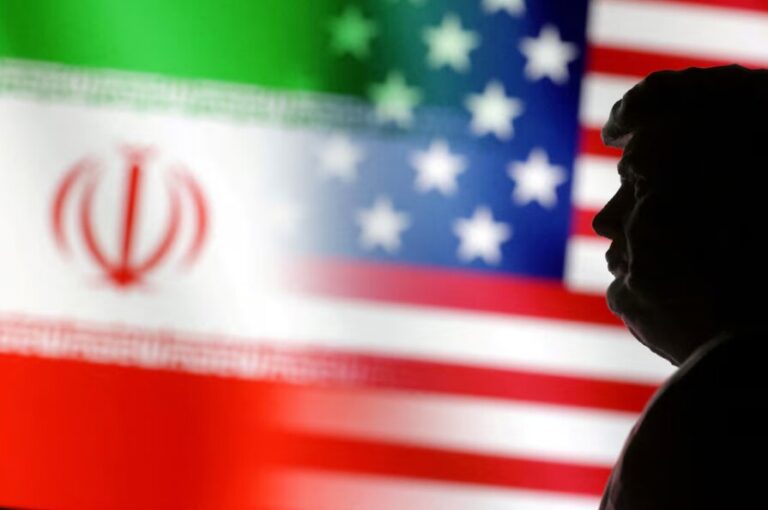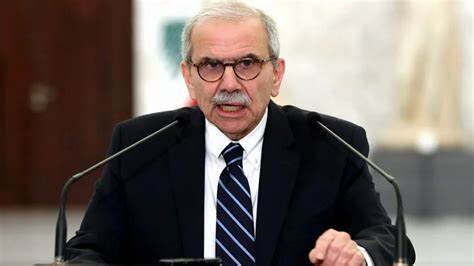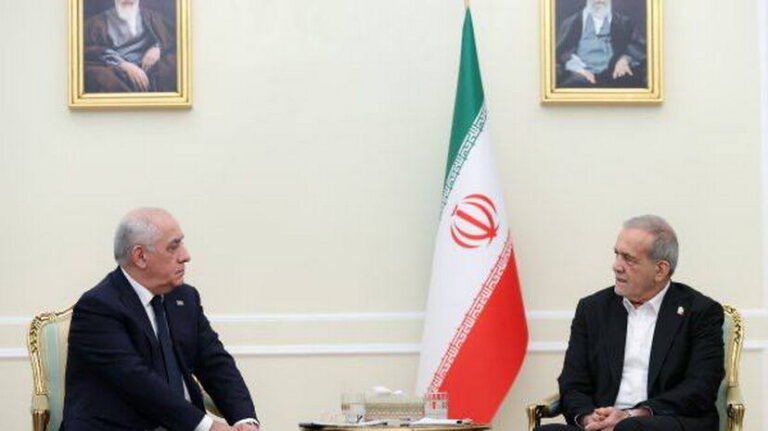Italy Rejects US Extradition Request for Iranian Detainee: What’s Next?
The situation surrounding Iranian businessman Mohammad Abedini, currently detained in Milan, Italy, has garnered significant attention, particularly regarding the potential for his extradition to the United States. In a recent interview, Italy’s Justice Minister provided insights into the legal complexities of this case.
Justice Minister Carlo Nordio emphasized that the matter of Abedini is strictly legal and urged caution in discussing extradition. “The matter of Abedini is purely legal … regardless of the (freeing of Italian journalist) Cecilia Sala. It is premature to talk of extradition, also because no formal request has been sent to our ministry so far,” he stated in an interview with the daily newspaper La Stampa.
Abedini’s situation is particularly sensitive due to the allegations against him, which include:
- Accused of transferring drone technology to Iran.
- Arrested at Milan Airport under a US warrant in December.
- Allegations that the technology was utilized in a February attack near the Jordan-Syria border, resulting in the deaths of three American soldiers.
- Iran denies these accusations, leading to heightened tensions.
His arrest has been notably linked to the recent detention of Italian journalist Cecilia Sala. Sala was taken into custody in Tehran while working under a standard journalistic visa, raising concerns about the safety of journalists operating in volatile regions. However, she was released on Wednesday, which has sparked discussions about the potential diplomatic implications for Abedini’s case.
Minister Nordio’s remarks highlight the lack of a formal extradition request from the United States, which complicates the legal proceedings surrounding Abedini. He stated, “It is premature to talk of extradition,” underscoring that until a formal request is submitted, the legal path remains unclear.
The situation raises several questions regarding international law and the diplomatic relations between the United States and Iran, particularly in light of the following key factors:
- Legal Framework: The extradition process is heavily governed by international treaties and agreements. Without a formal request, Italy cannot proceed with extradition.
- Political Implications: The case could have broader repercussions on US-Iran relations, especially considering the ongoing tensions and mutual accusations between the two nations.
- Media Scrutiny: The involvement of a journalist has attracted media attention, increasing pressure on Italian authorities to navigate the situation carefully.
As the legal proceedings continue, it remains to be seen how the situation will evolve. The lack of a formal extradition request leaves Abedini’s future uncertain, and the political landscape may influence any decisions made by the Italian government. Observers are keenly watching how this case unfolds, especially in the context of international relations and the treatment of individuals accused of serious crimes.
In summary, while the case of Mohammad Abedini is primarily a legal issue, it is intertwined with political and diplomatic considerations that could affect various stakeholders. The absence of a formal extradition request from the United States presents a significant barrier to any potential extradition, and until such a request is made, the question of Abedini’s fate in Italy remains unresolved.
